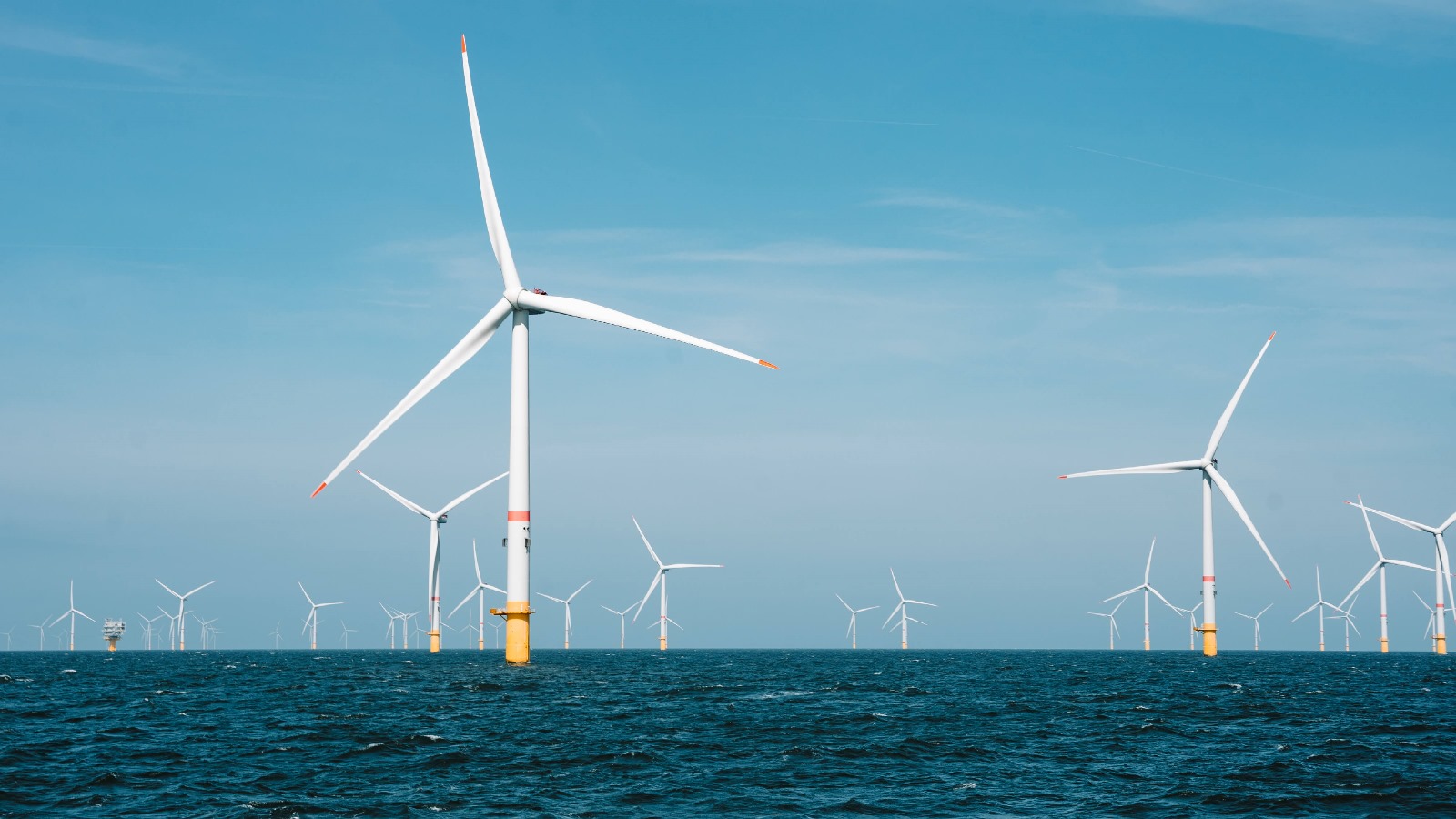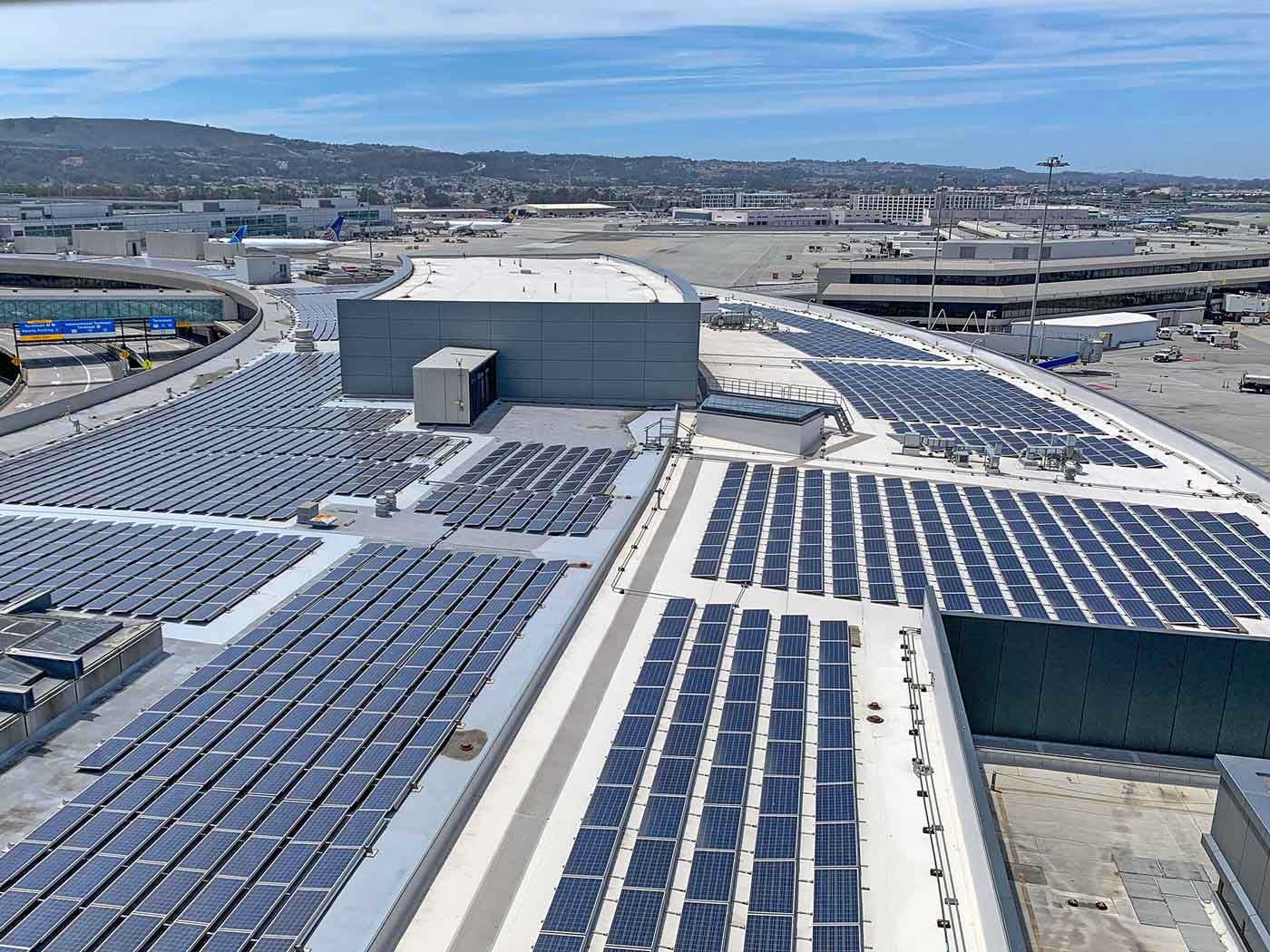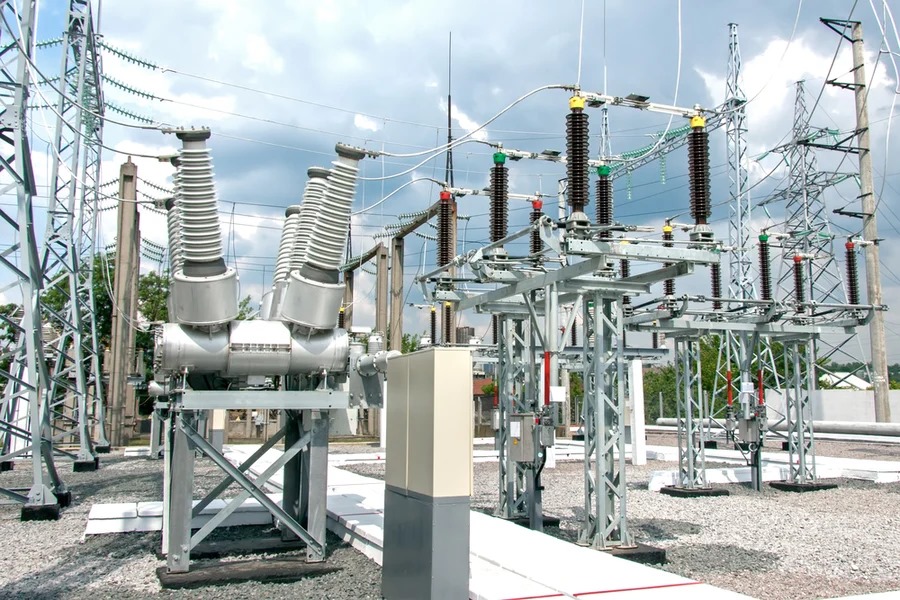REFLECTIONS

MAE 510 WIND ENERGY COVERSION:
During my academic journey at UB, I cultivated a profound interest in wind energy. The course led by Dr. John Hall was a significant factor in my decision to attend UB. Wind energy, with its myriad benefits, has become a favored option for renewable energy. It is an environmentally friendly and limitless energy solution that produces electricity without any direct emissions or air pollutants, thus reducing climate change and enhancing air quality. Wind resources are plentiful, stable, and available in various regions. Wind energy projects contribute to employment opportunities in areas such as manufacturing, construction, operation, and maintenance, thereby stimulating local economies. I am confident that offshore wind will play a vital role in our transition away from fossil fuels. Read More

EE 567 Power Electronic:
As an Electrical Engineer with a specialization in clean energy, I have been involved in projects that integrate solar and wind energy systems into the grid, which has sparked my interest. Power electronics is a key component in efficiently incorporating renewable energy sources, such as solar panels and wind turbines, into the electrical grid. They handle the variability and unpredictability of renewable energy outputs to ensure they meet grid requirements. Grid-tied inverters, governed by power electronics, transform the direct current produced by clean energy sources into alternating current compatible with the grid. Energy storage systems, including batteries, depend on power electronics to control charging and discharging processes, maximizing the use of stored energy. Read More

EE 570 Renewable Distributed Generation & Storage:
As a requirement for my degree and due to its alignment with my field of energy engineering, I participated in Dr. Kevin Burke's "Renewable Distributed Generation & Storage" course. This course provided an extensive study of Distributed Energy Resources (DERs), Distributed Generation (DG), Distributed Energy Storage (DS), microgrids, and associated technologies. The course was crafted to cater to my career goals in the renewable energy sector, offering a balanced blend of theoretical knowledge and hands-on application.The curriculum was thoughtfully designed to keep us informed about the latest technological advancements, operations of microgrids, benefits of DER-based microgrids, power flow analysis, islanded mode operation of EPS, and the technical challenges associated with design and acceptance. Read More

EE 576 High Voltage :
With an ambition to contribute to the wind energy sector, I was keen to gain a deeper insight into the transmission of electricity over large distances, particularly in offshore settings. This led me to enroll in Dr. Keven Burke’s High Voltage Engineering course, which was unique in its project-based structure, allowing students to explore their specific interests within the high voltage field. Read More